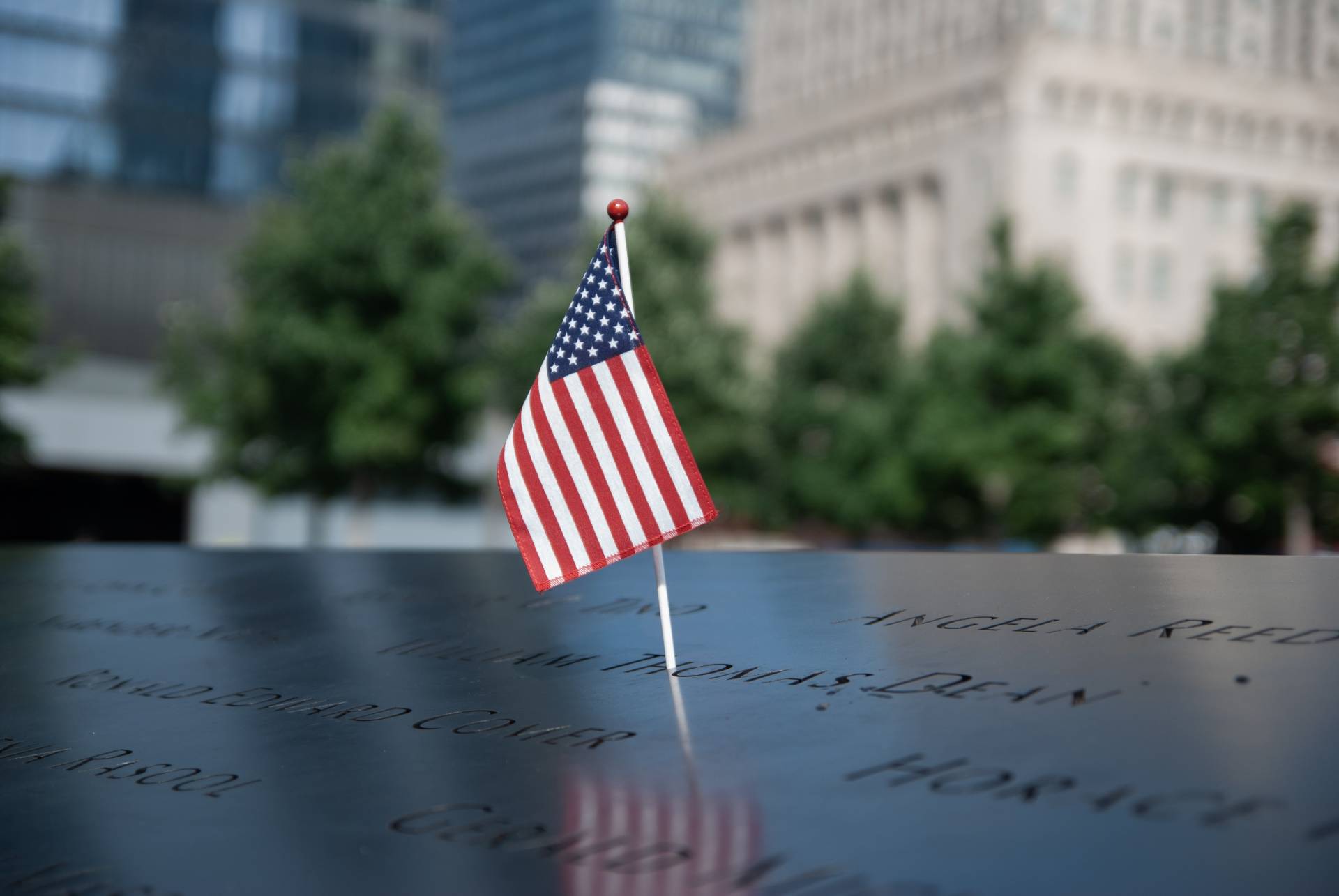GOP presidential candidate Vivek Ramaswamy is being criticized for his question of the 9/11 commissions findings on the terrorist attacks. Although his remarks are not as inflammatory as those made by Representative Marjorie Taylor Greene, who questioned the legitimacy of a plane crashing into the Pentagon, Ramaswamy has openly expressed doubt about the conclusions reached by the 9/11 Commission. In the face of criticism, he has defended his position by maintaining that asking questions and seeking more information is crucial for a strong democracy.
However, many argue that such doubts undermine the findings of the 9/11 Commission, fuel conspiracy theories, and dishonor the memory of the lives lost on that fateful day. The disagreement surrounding Ramaswamy’s remarks highlights the ongoing struggle between the need for transparency and the importance of respecting those who perished in the attacks.
Discussion Shifts from Capitol Insurrection to 9/11 Conspiracy Theories
In a recent interview, Ramaswamy delved into conspiracy theories about the January 6 Capitol insurrection before steering the conversation towards the 9/11 attacks. He questioned the possibility of federal agents being on board the planes that crashed into the World Trade Center and admitted to having no supporting evidence. Nevertheless, Ramaswamy emphasized the need for transparency and complete disclosure of information regarding the events of that day.
Ramaswamy argued that by thoroughly examining all available data, the public can gain a better understanding of the true story behind the 9/11 tragedy. This would help to dispel any lingering doubts or conspiracy theories, ultimately fostering a stronger trust in the government’s account of that day’s events.
Controversy Surrounding Ramaswamy’s Remarks Leads to Further Discussion
Following his initial comments, Ramaswamy engaged in a subsequent interview with CNN’s Kaitlan Collins. During this discussion, Collins pressed the GOP candidate for clarification on his earlier statements and delved deeper into his reasoning for expressing skepticism. Ramaswamy reiterated his stance on the importance of government transparency and the need for the public to know the full truth about what took place on September 11, 2001.
Ramaswamy claimed that he had been misquoted in the original report but continued to express doubts about the official account of events. Despite these allegations, the initial publication provided a recording of his comments, which appeared to confirm the accuracy of their reporting. The release of this recording has spurred intense debate among the public, with many questioning the balance between an individual’s right to privacy and the necessity of transparency in such situations.
Implications of Leaked Recording on Ramaswamy’s Reputation and Candidacy
As the controversy surrounding Ramaswamy’s comments persists, it is unclear what impact the leaked recording may have on his political aspirations and reputation. Supporters of Ramaswamy argue that he is exercising his right to question authority and seek transparency from the government. However, his critics worry that his statements will only perpetuate conspiracy theories and further diminish the public’s confidence in the 9/11 Commission’s findings.
Regardless of where one stands on this issue, Ramaswamy’s remarks have reignited a dialogue about the importance of truth and transparency in a democracy. This conversation raises crucial questions about how much information should be disclosed to the public in order to maintain trust in government institutions while simultaneously honoring the memory of those who lost their lives on September 11, 2001.
The Struggle Between Trust and Transparency
Vivek Ramaswamy’s controversial statements underscore the ongoing struggle between demanding transparency from the government and respecting the trust that must be maintained within a democracy. As discussions about the events of 9/11 continue more than two decades later, there remains an ongoing quest for the accurate representation of the truth. In this pursuit, a balance must be struck between safeguarding national security and upholding democratic values that rely on transparency and trust.
FAQs
What did Vivek Ramaswamy say about the 9/11 Commission’s findings?
Ramaswamy has expressed doubt regarding the conclusions reached by the 9/11 Commission and questioned the possibility of federal agents being on board the planes that crashed into the World Trade Center. He has emphasized the need for transparency and complete disclosure of information to better understand the true story behind the tragedy.
How has the controversy surrounding Ramaswamy’s remarks evolved?
The controversy has led to subsequent interviews and discussions, with Ramaswamy claiming he has been misquoted. However, a leaked recording appears to confirm the accuracy of the original reporting. This has led to debates on individual privacy rights versus transparency within a democracy.
What impact could this controversy have on Ramaswamy’s political aspirations and reputation?
It’s unclear what impact the controversy may have on Ramaswamy’s political aspirations and reputation. Supporters argue that he is exercising his right to question authority and seek transparency, while critics worry that his statements will perpetuate conspiracy theories and diminish the public’s confidence in the 9/11 Commission’s findings.
What is the key issue Vivek’s 9/11 controversy raise in relation to democracy?
This controversy raises crucial questions about the balance between demanding transparency from the government, maintaining trust within a democracy, and honoring the memory of those who lost their lives on September 11, 2001. It highlights the ongoing struggle for accurate truth representations while safeguarding national security and upholding democratic values based on trust and transparency.
First Reported on: msnbc.com
Featured Image provided by: Pexels – Thank you!













